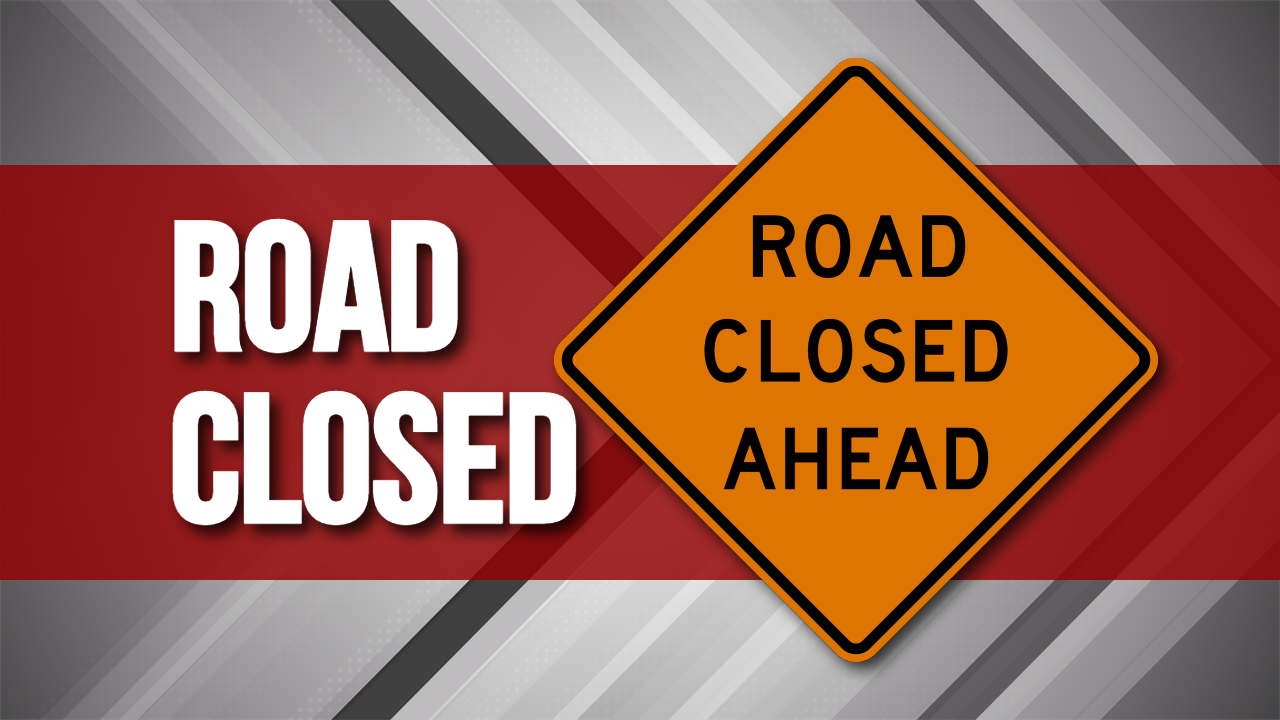.jpg)
(NEW YORK) — Consumer prices rose 2.7% in June compared to a year ago, marking a notable surge of price increases as President Donald Trump’s tariff policy took hold and some retailers warned they may pass some of the tax burden onto shoppers.
The reading matched economists’ expectations.
The fresh data indicated an acceleration from 2.4% annual inflation recorded in May. Still, the inflation rate clocked in below 3% recorded in January, the month Trump took office.
Despite a rise of inflation, Trump appeared to celebrate the data on Tuesday. The president issued a social media post highlighting “Very Low Inflation” and calling on the Federal Reserve to cut interest rates by 3 percentage points.
The White House also touted the inflation reading, saying the rate of price increases demonstrates inflation is “on the right track.” Core inflation — a measure of inflation that strips out volatile food and energy prices — has matched or beaten economists’ expectations every month since Trump took office, the White House said.
“The data proves that President Trump is stabilizing inflation and the Panicans continue to be wrong about tariffs raising prices,” White House Press Secretary Karoline Leavitt said in a statement on Tuesday.
Egg prices cooled significantly in June, deviating from an overall rise in prices. The price of eggs climbed 27% over the year ending in June, which marked a slowdown from 41% year-over-year growth in May.
Under Trump, inflation has defied doomsday predictions and helped to propel sturdy economic performance.
While inflation has eased, price increases have persisted at a higher rate than the Federal Reserve’s target level of 2%.
Some analysts expect price increases to accelerate over the coming months as tariffs take hold, though they acknowledged that the path forward remains unclear amid Trump’s fluctuating policy.
Typically, importers pass along a share of the tariff-related tax burden in the form of higher costs for shoppers. A host of major retailers, including Walmart and Best Buy, has warned about potential price hikes as a result of Trump’s levies.
The Federal Reserve issued a forecast last month indicating the central bank expects a rekindling of inflation.
The personal consumption expenditures index, a measure of inflation preferred by the Fed, will rise from 2.1% to 3% over the remainder of 2025, the central bank predicted. That forecast marked higher inflation expectations than the central bank had issued in March.
So far this year, the Fed has opted to hold interest rates steady as policymakers assess the potential impact of tariffs.
Speaking at a press conference in Washington, D.C., last month, Powell said tariffs would likely “push up prices and weigh on economic activity” over the course of this year. But, he added, the effects would depend on the “ultimate level” of tariffs, which have frequently shifted.
National Economic Council Director Kevin Hassett, a top economic advisor to Trump, on Monday rebuked concerns about tariff-related inflation. The Fed, Hassett told CNBC, has been “very, very wrong” in its assessment of a potential resurgence of price increases.
The posture of restraint at the Fed in recent months has elicited sharp and repeated criticism from Trump.
“We have a man who just refuses to lower the Fed rate,” Trump told reporters last month. “Maybe I should go to the Fed. Am I allowed to appoint myself? I’d do a much better job than these people.”
The president is legally barred from appointing himself head of the Fed, an independent federal agency.
The Fed is set to hold its next meeting on July 29 and 30. Investors peg the chances of a decision to leave rates unchanged at 95%, according to the CME FedWatch Tool, a measure of market sentiment.
Copyright © 2025, ABC Audio. All rights reserved.




